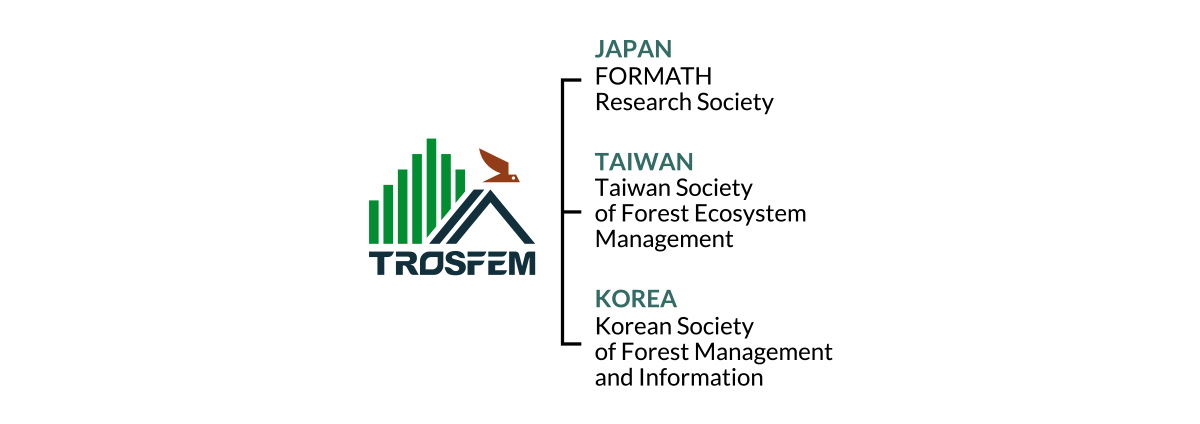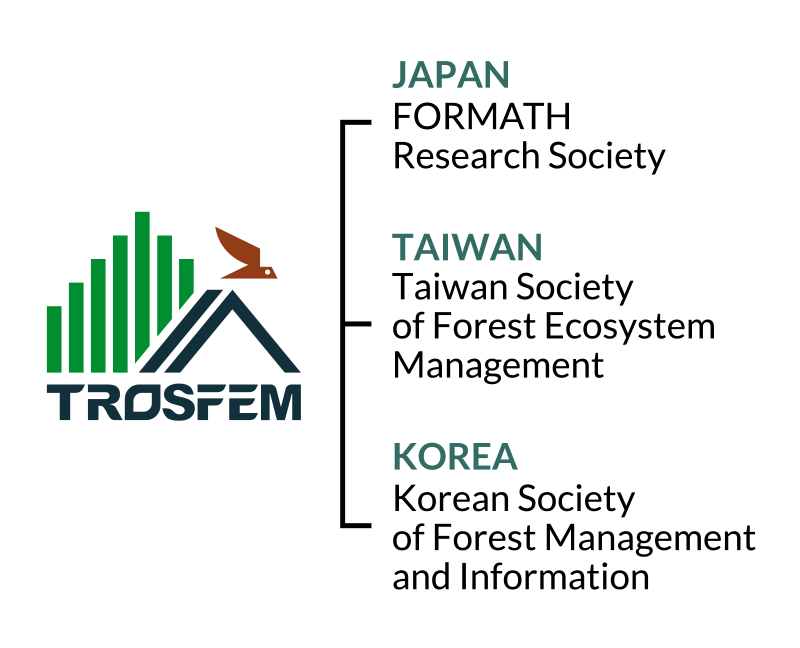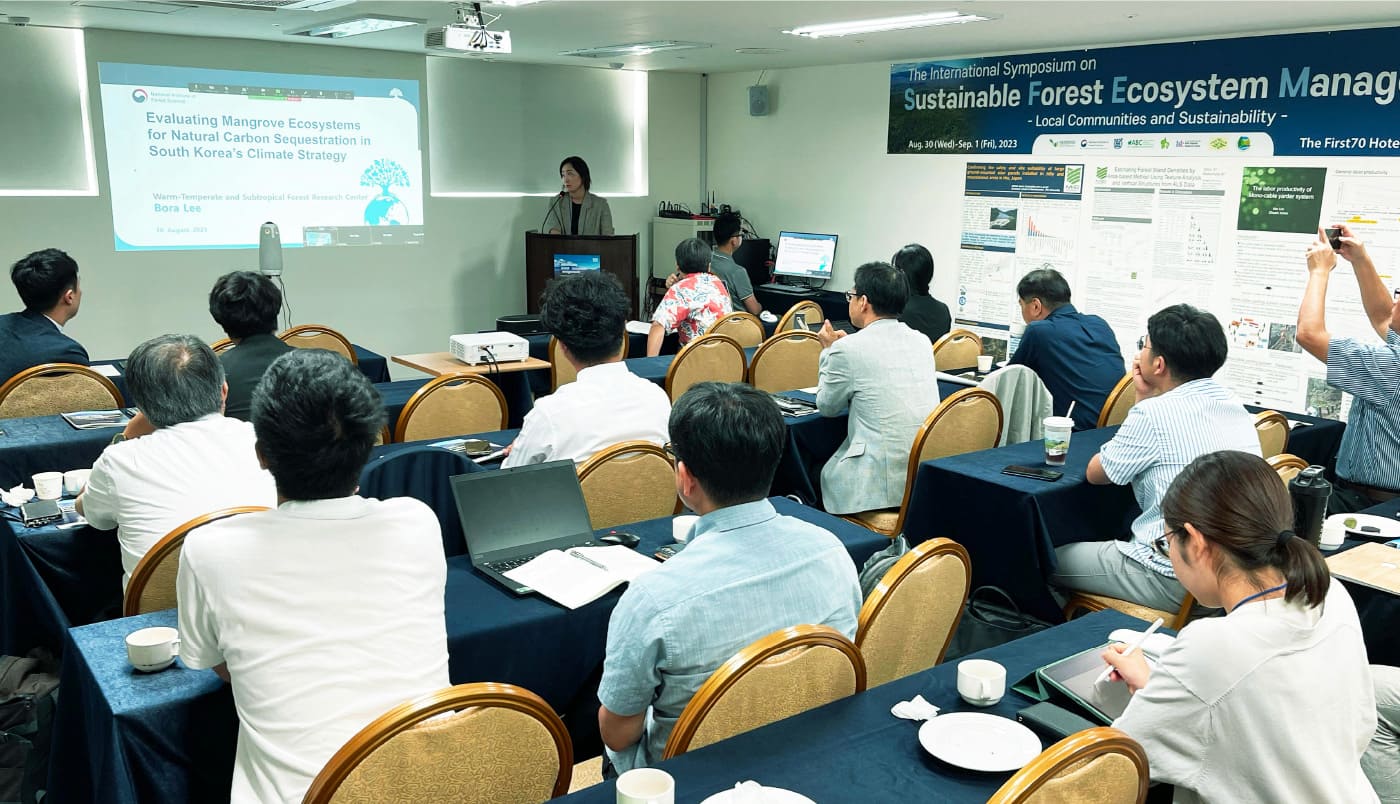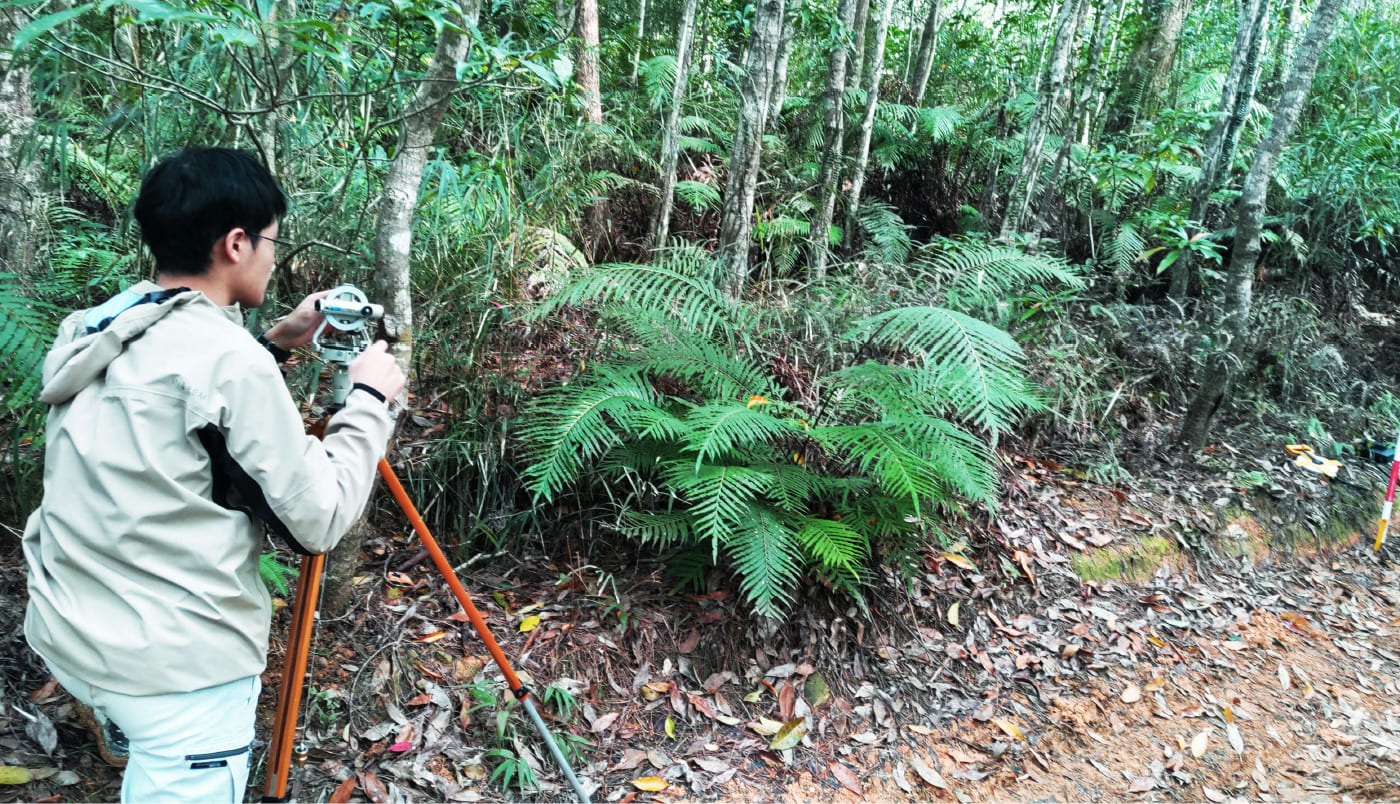Striving for sustainable forest ecosystem management, we are investigating the optimal balance between conserving resources and their utilization
In recent years, most forest resource managers have been faced with numerous challenges stemming from either overutilization or underutilization of the forest resources. For example, large scale clearcutting have led to the destruction of important wildlife habitats. Conversely, underutilization of forests resources, have led to neglect and degradation, which can contribute to increased damage from sedimentation and wildlife. Consequently, it is imperative to prioritize sustainable use of forest resources to meet the needs of the present society and posterity.
To achieve the goals of sustainable use of forest resource, forest managers may have to consider: various attributes across temporal and spatial dimensions of forest ecosystem, decision-making processes on human-inputs, as well as the use of tools in data acquisition technology and advancements in statistics. With a paradigm sift in forest management, there is a new focus directed at looking for the best ways to solve complex sustainable forest ecosystem management problems. Against this background, researchers from Japan, South Korea, and Taiwan have come together with the sole purpose of disseminating research findings and sharing the latest insights on best approaches to address complex ecosystem management problems, using TROSFEM as an international platform.
Since 2013, symposiums have been held annually among member countries of Japan, South Korea, and Taiwan to address complex ecosystem management problems. It was in 2019, when the concept that formed the prototype of TROSFEM, was developed among researchers from Japan, South Korea, and Taiwan. The goal was to establish the scientific infrastructure for research and educational networks, centered among three member nations (Japan, through FORMATH Research Society; South Korea, through Korean Society of Forest Management and Information; and the Republic of Taiwan, through Taiwan Society of Forest Ecosystem Management). We also aim to build up scientific resource capacity and capability of experts, young scholars, and practitioners who are professionally devoted, to using mathematical modelling to solve Complex Sustainable Forest Ecosystem Management issues.


The central focus of TROSFEM is sustainable forest ecosystem management, viewed through the lens of “Data Science and Mathematical Modeling”. We encourage interdisciplinary discussion, as well as generate and share our knowledge using TROSFEM as an international platform. Simply put, TROSFEM is a network of researchers that strive to stimulate scientific discussion and cooperation within the natural resources research community, enhance communication between researchers and promote public interest in sustainable forest ecosystem management research. In addition, TROSFEM promotes publication of scientific papers, organizes conferences and workshops dedicated to encouraging interdisciplinary discussion, as well as generate and share new knowledge, through workshops/seminars, conferences, and joint research.


Board of Directors
The Board of Directors has governance responsibility for the management of the organization. The board determines the strategic plans for TROSFEM and monitors the activities and operations of TROSFEM to ensure adherence to its mission. The board is made up of leaders from all member partners.
International Advisory Board:
The role of the Advisory Board is to support TROSFEM’s mission and activities by providing advice and expertise of the board members in support of TROSFEM’s mission and activities. The members are appointed by the President of TROSFEM.
Ethics and Compliance
Ethics, integrity, and compliance are fundamental values of TROSFEM at the core of TROSFEM’s interaction with member partners and clients. TROSFEM is committed to the highest ethical standards and strives to prevent all punishable criminal acts. We will adhere to all laws and regulations applicable to our activities and expect our members to have the same standards.












